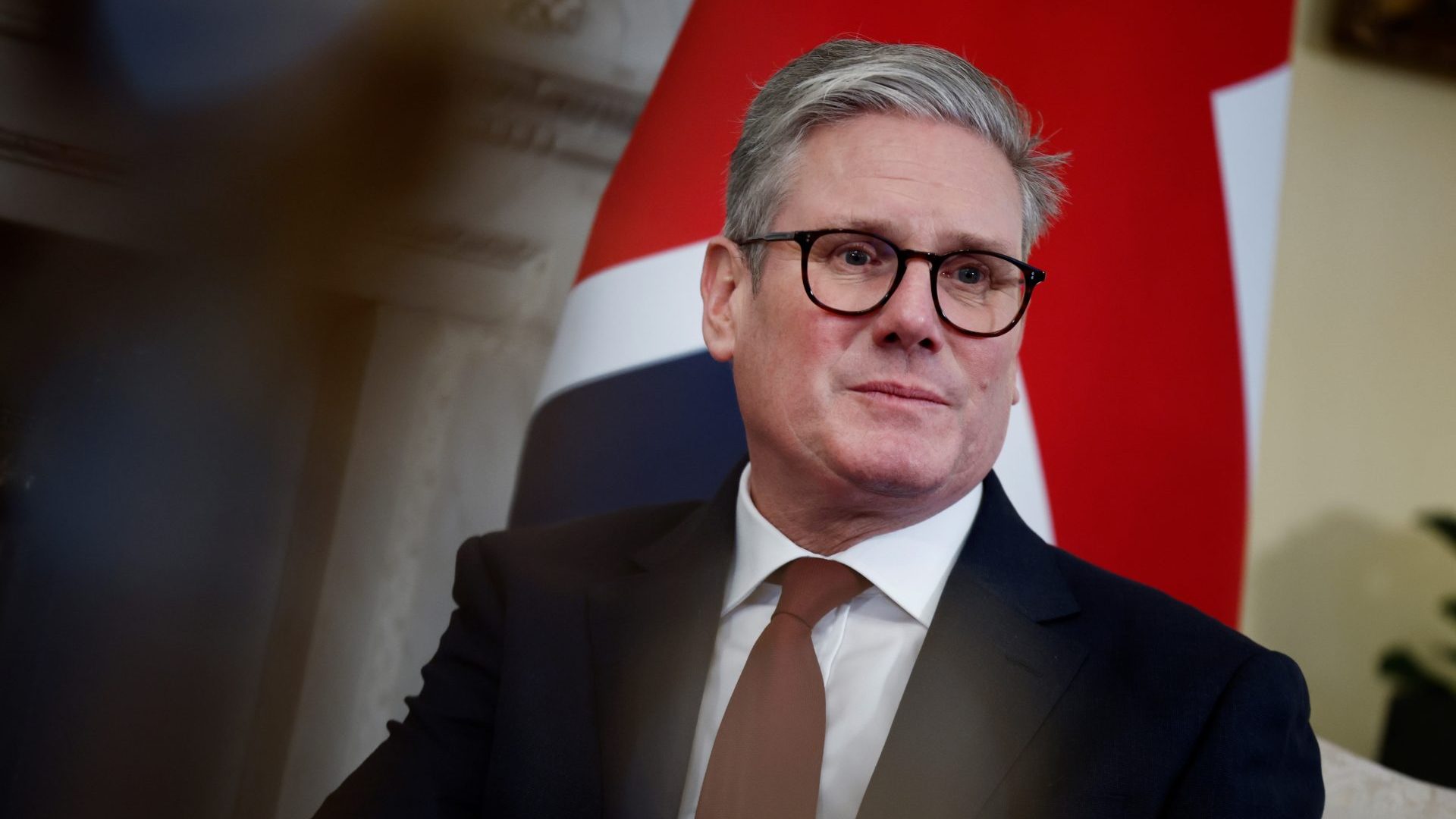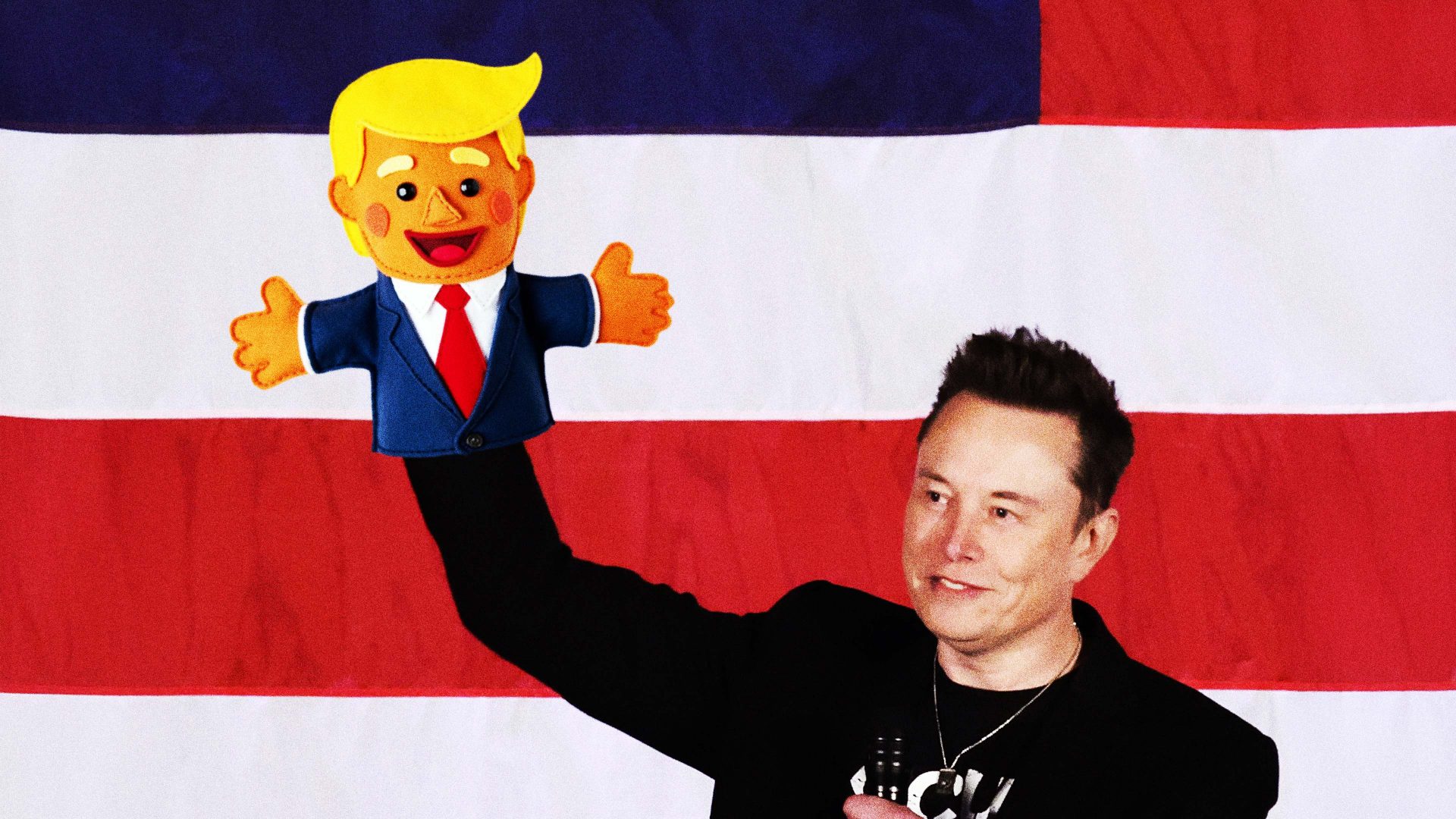The German electoral campaign has just gained some spice. A note of Musk, to be precise. Elon not only plans to fund Reform UK, he’s also trampling on Germany’s already frayed self-confidence. “Only AfD can save Germany”, Musk posted to his 200 million followers on X, shortly before Christmas.
“You are absolutely right”, the far right party’s co-chair, Alice Weidel, replied jubilantly. The party’s marketing experts immediately went to work: “If you want to save Germany, too, then join us and fill out our membership application,” they wrote, quoting Musk’s post. Proving that AfD is indeed German, through and through; only Krauts believe that filling out a form can actually save anything.
The opposite side of the political spectrum fiercely condemned the Trump-buddy’s interference in domestic issues. Although, in fairness, with Tesla’s (heavily subsidised) €1bn investment into a Brandenburg-based Gigafactory, Musk does have domestic interests of his own. Which are, however, minute compared with his universal endeavours.
“If a person like (Musk) is the owner of 60% of all satellites orbiting in space, then that must be a huge concern for us along with the political issues,” former chancellor Angela Merkel said recently, noting that in the 2008 euro crisis, “the political sphere was the final authority that could straighten things out” with regulatory measures and bailouts. “And if this final authority is too strongly influenced by companies, whether through capital power or technological capabilities, this is an unprecedented challenge for us all.”
To this, the 53-year-old billionaire responded with his trademark blend of classy discourse on X: “Who is this Angela Merkin person?” Going from likening Merkel to a pubic hair toupee to endorsing AfD seems like a logical step. Nearly as logical as Axel Springer’s Welt am Sonntag asking Musk for an op-ed to create a bit of buzz during the not-so-newsy holiday week and gain digital subscriptions.
In his piece, the tech pioneer portrays Germany as a nation “teetering on the brink of cultural and economic collapse”. Which can only be averted by the Alternative für Deutschland.
“The AfD”, Musk writes, “even if it is labelled far right, represents a political realism that resonates with many Germans who feel that their concerns are being ignored by the establishment. It addresses current problems – without the political correctness that often obscures the truth. The portrayal of the AfD as far right is clearly false when you consider that Alice Weidel, the party’s leader, has a same-sex partner from Sri Lanka! Does that sound like Hitler to you? Oh please!”
What Musk, while praising AfD’s alleged deregulatory and innovative ethos, also overlooks is the party’s ever more pronounced intent to leave the “Soviet European Union” and even Nato (unless the alliance starts “to respect Russian interests”).
Musk’s understanding of AfD begins and ends with its anti-establishment facade, which he knows from the MAGA movement. But never mind his rhetoric: his tech empire is textbook globalism. Which for the nationalist AfD is basically the antichrist. It’ll be interesting to watch how it’ll play out in the US rust-belt, too.
Germans being Germans, we are now locked in a deadly serious debate about “How dare Welt am Sonntag offer an AfD-advertising platform to Musk?” Never mind the mogul’s own platform being infinitely bigger, never mind that the paper published a “Why Musk is wrong” op-ed right next to Elon’s Sunday piece. The head of its opinion section resigned (informing the public about it on X), the newsroom is in uproar and the editors insist they are promoting freedom of speech.
One shouldn’t overlook the hypocrisy of half the German cabinet having publicly endorsed Kamala Harris and now crying: “Foreign interference!” But still, Musk’s AfD antics (“the last spark of hope” for Deutschland) aren’t just ramblings of an attention-seeking it-boy.
The entrepreneur’s foray into European politics is troubling, given his megaphone X. We’ll see if and how authorities will monitor the X algorithm for bias until the election on February 23.
Unlike the UK, at least Germany already has tight limits on party donations by non-EU citizens and companies. The maximum Musk could give to AfD is €1,000 per year. Obviously, his campaigning on X is infinitely more valuable.
At least for now, however, most Germans can draw a line between Musk’s impressive reusable rockets and his under-informed political statements.




